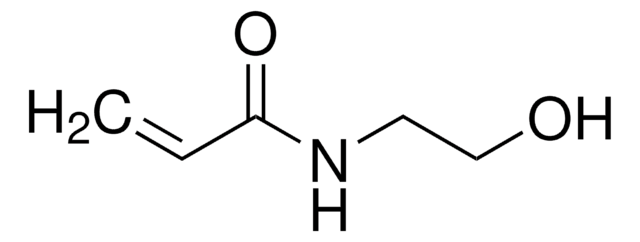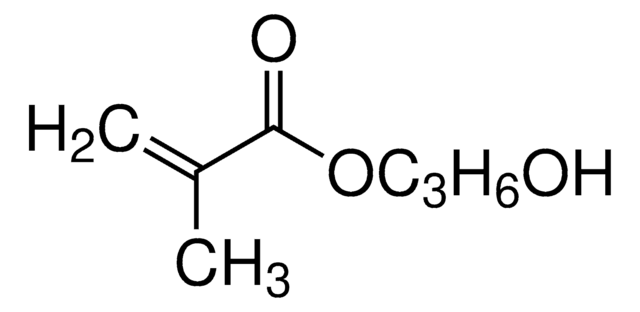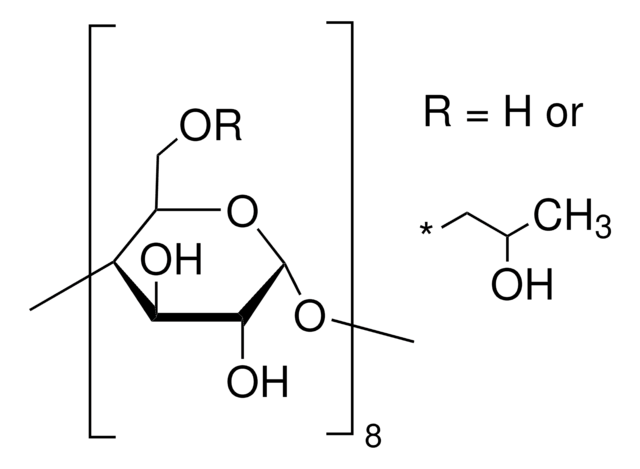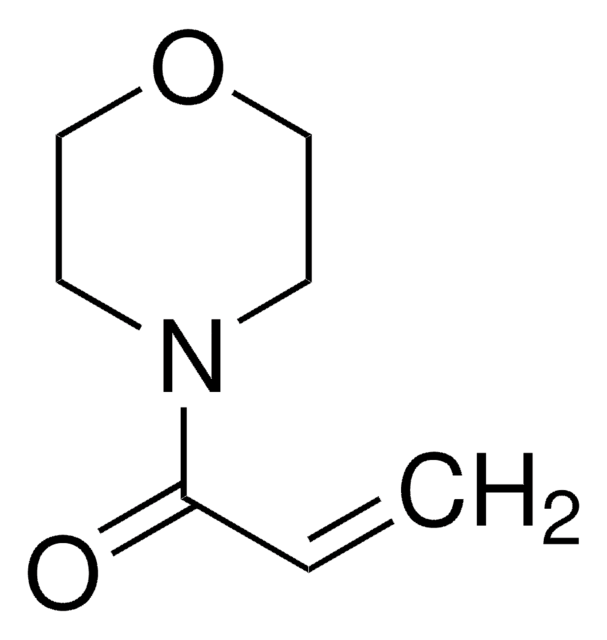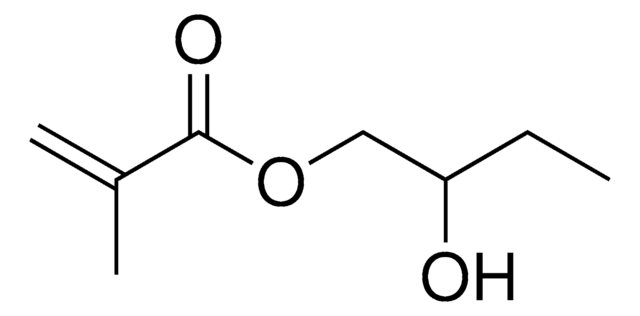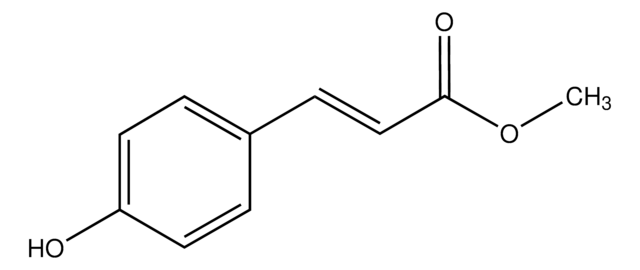407364
2-Hydroxy-3-phenoxypropyl acrylate
contains 250 ppm monomethyl ether hydroquinone as inhibitor
Synonym(s):
(2-Hydroxy-3-phenoxypropyl) prop-2-enoate, 3-Phenoxy-2-hydroxypropyl acrylate
Sign Into View Organizational & Contract Pricing
All Photos(1)
About This Item
Linear Formula:
H2C=CHCO2CH2CH(OH)CH2OC6H5
CAS Number:
Molecular Weight:
222.24
EC Number:
MDL number:
UNSPSC Code:
12162002
PubChem Substance ID:
NACRES:
NA.23
Recommended Products
form
liquid
contains
250 ppm monomethyl ether hydroquinone as inhibitor
refractive index
n20/D 1.528 (lit.)
density
1.16 g/mL at 25 °C (lit.)
SMILES string
OC(COC(=O)C=C)COc1ccccc1
InChI
1S/C12H14O4/c1-2-12(14)16-9-10(13)8-15-11-6-4-3-5-7-11/h2-7,10,13H,1,8-9H2
InChI key
HHQAGBQXOWLTLL-UHFFFAOYSA-N
Application
Polymeric membranes for controlled drug release systems may be prepared by the photosynthesis of 2-hydroxy-3-phenoxypropyl acrylate by UV radiation. Tthe product can be used as a curing agent during the fabrication of poly (phenylene ether)-based substrate materials.
Signal Word
Danger
Hazard Statements
Precautionary Statements
Hazard Classifications
Aquatic Chronic 2 - Eye Dam. 1 - Skin Sens. 1B
Storage Class Code
10 - Combustible liquids
WGK
WGK 2
Flash Point(F)
345.2 °F - closed cup
Flash Point(C)
174 °C - closed cup
Personal Protective Equipment
dust mask type N95 (US), Eyeshields, Gloves
Choose from one of the most recent versions:
Already Own This Product?
Find documentation for the products that you have recently purchased in the Document Library.
Customers Also Viewed
A brief view on antihypertensive drugs delivery through transdermal patches.
Rastogi V, et al.
International Journal of Pharmaceutical Sciences and Research, 3(7) (2012)
Synthesis and Analysis of Multi-functional Urethane Acrylate Monomer, and its Application as Curing Agent for Poly (phenylene ether)-based Substrate Material.
Kim DK, et al.
Polymer (Korea), 36(4), 413-419 (2012)
Our team of scientists has experience in all areas of research including Life Science, Material Science, Chemical Synthesis, Chromatography, Analytical and many others.
Contact Technical Service



